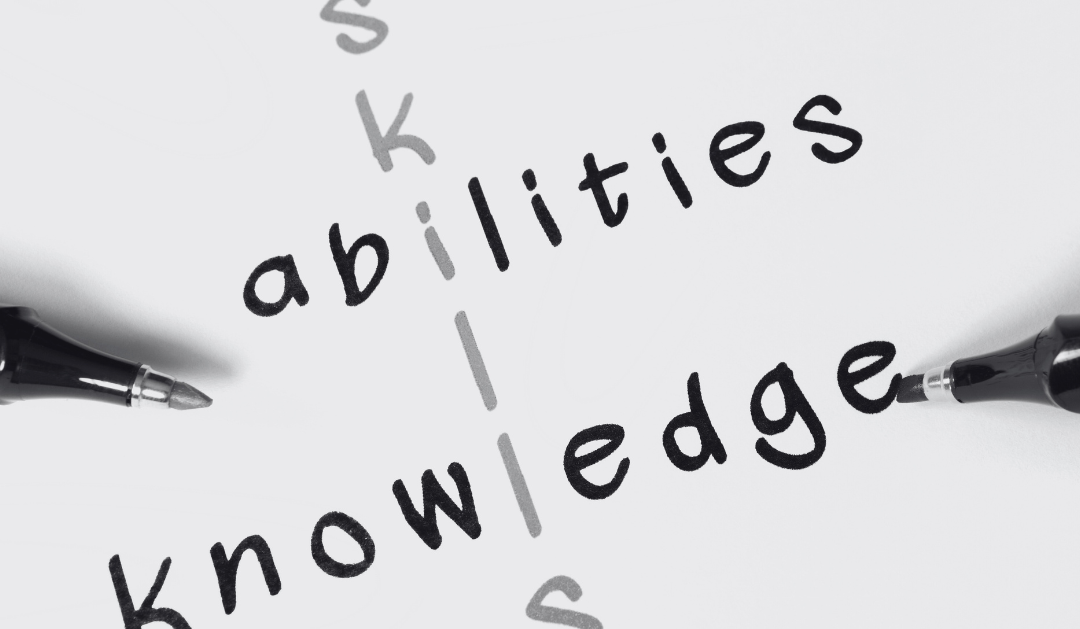Recruiting top healthcare talent is a critical task for hospitals and private practices. The process of hiring the right people can be challenging, especially when the competition for talent is as fierce as it is in today’s marketplace. To identify the best talent, healthcare organizations need to use a variety of tools and methods that go beyond just reviewing resumes and conducting interviews. Pre-employment assessments can provide valuable insights into a candidate’s skills, personality, and work style, allowing recruiters to make informed hiring decisions.
Why Pre-Employment Assessments Matter
Pre-employment assessments are standardized tests and questionnaires that are designed to evaluate a candidate’s knowledge, skills, abilities, and personality traits. These assessments can be administered online or in-person and can provide objective data about a candidate’s abilities and potential for success in a particular role. By using pre-employment assessments, healthcare organizations can gain insights into a candidate’s:
- Skills and Abilities
Pre-employment assessments can be used to evaluate a candidate’s technical skills, such as their knowledge of medical terminology or their proficiency in using electronic medical records. These assessments can also be used to evaluate a candidate’s cognitive abilities, such as their critical thinking, problem-solving, and decision-making skills.
- Personality Traits
Pre-employment assessments can provide insights into a candidate’s personality traits, such as their level of extroversion, agreeableness, conscientiousness, and emotional stability. These traits can be very important indicators of a candidate’s fit with the organization’s culture and work environment.
- Work Style
Pre-employment assessments can also be used to evaluate a candidate’s work style, such as their preferred communication style, ability to work in a team, and level of motivation. Understanding a candidate’s work style can help healthcare organizations determine whether the candidate is a good fit for the organization’s goals and objectives.
Benefits of Using Pre-Employment Assessments
There are several benefits of using pre-employment assessments in the healthcare recruitment process:
Objective Data: Pre-employment assessments provide objective data about a candidate’s skills, abilities, and personality traits, which can help recruiters make informed hiring decisions, and minimize bias. This data can be used to identify candidates who have the necessary skills and traits to succeed in the role and contribute to the organization’s success.
Time Savings: Pre-employment assessments can save recruiters time by reducing the number of candidates who need to be interviewed. By using assessments to screen candidates, recruiters can focus their time and attention on the most qualified candidates before they accept another offer, thereby increasing the likelihood of making a successful hire.
Improved Hiring Decisions: By using pre-employment assessments, healthcare organizations can make better hiring decisions. By evaluating candidates’ skills, personality traits, and work styles, recruiters can identify candidates who are a good fit for the organization’s culture and work environment, reducing turnover and improving employee retention.
Types of Pre-Employment Assessments
There are several types of pre-employment assessments that healthcare organizations can use to identify top talent. Here are some of the most common types of assessments:
Cognitive Ability Tests
Cognitive ability tests measure a candidate’s ability to learn, reason, and solve problems. These tests assess a candidate’s verbal, numerical, and abstract reasoning skills. These tests are especially useful for roles that require analytical thinking and problem-solving skills, such as physicians and nurses.
Personality Tests
Personality tests assess a candidate’s personality traits, such as their level of extroversion, agreeableness, conscientiousness, and emotional stability. These tests can help healthcare organizations identify candidates who are a good fit for the organization’s culture and work environment.
Situational Judgment Tests
Situational judgment tests assess a candidate’s ability to make decisions in real-world scenarios. These tests present candidates with hypothetical scenarios and ask them to choose the best course of action. Situational judgment tests are useful for roles that require good judgment and decision-making skills, such as medical administrators.
Skills Tests
Skills tests assess a candidate’s technical skills and abilities. These tests can evaluate a candidate’s proficiency in using medical software, knowledge of medical terminology, and clinical skills. Skills tests are especially useful for roles that require specialized technical skills, such as laboratory technicians and radiology technicians.
Behavioral Assessments
Behavioral assessments evaluate a candidate’s work style and behavioral preferences. These assessments can provide insights into a candidate’s communication style, leadership abilities, and teamwork skills. Behavioral assessments can help healthcare organizations identify candidates who are a good fit for the organization’s work culture and values.
Pre-employment assessments can be a valuable tool for healthcare organizations to identify top talent. By using assessments to evaluate a candidate’s skills, personality traits, and work style, healthcare organizations can make informed hiring decisions that lead to better employee retention and organizational success.
It is important to choose the appropriate assessment for the role and to interpret the results in the context of the organization’s goals and objectives. By following these steps, healthcare organizations can successfully use pre-employment assessments to identify top talent and build successful teams. Interested in more information about developing an effective recruiting strategy or collaborating with an experienced healthcare recruitment team? Reach out to the healthcare recruitment professionals at Polaris Placement to learn more about our comprehensive assessments and recruitment services.

